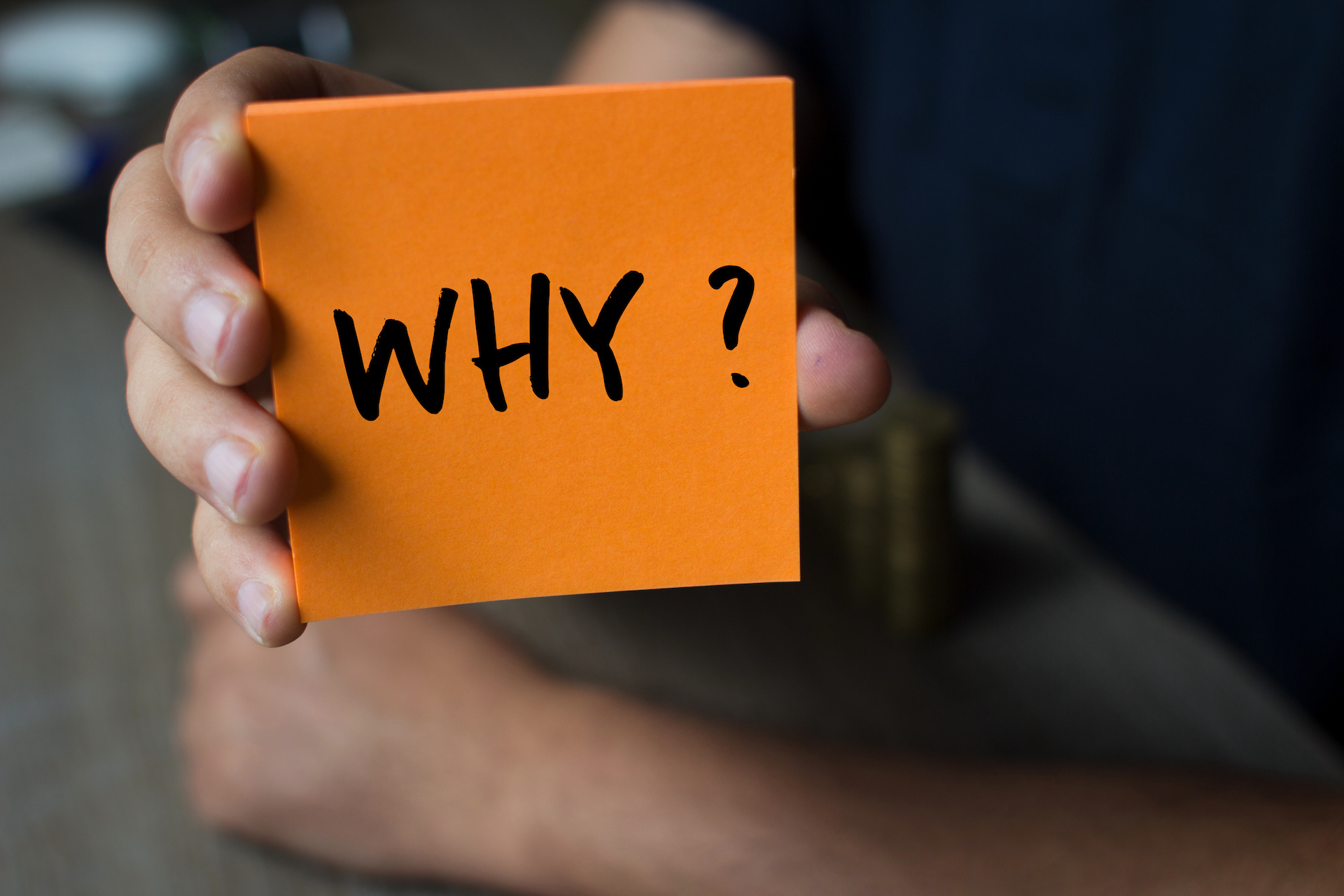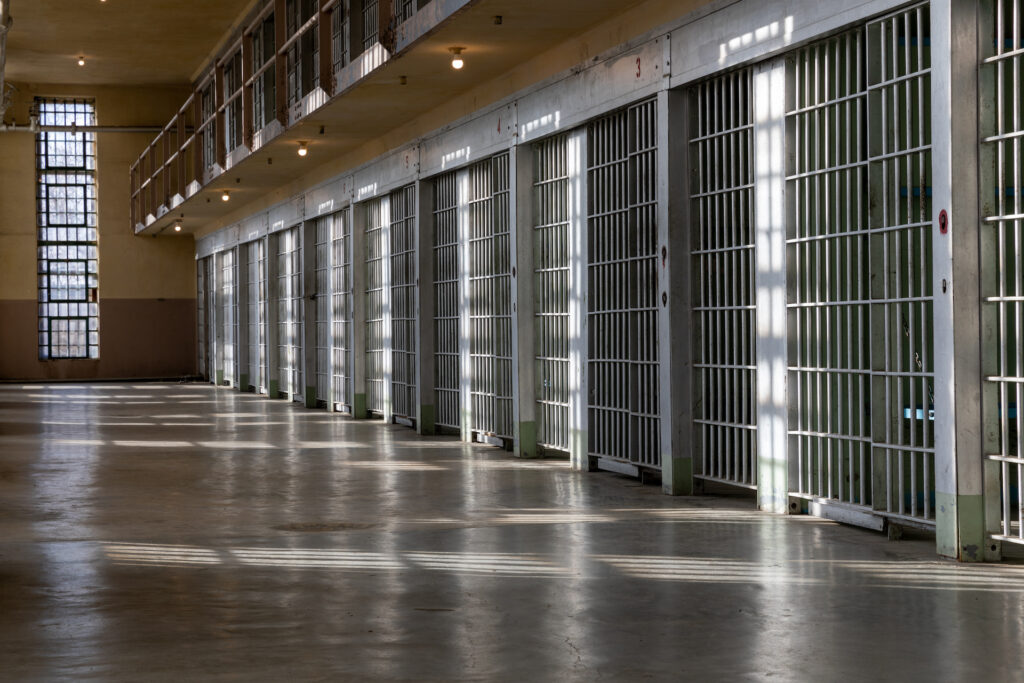
Why is Biden’s pardon important for Latinx people and Latin America? 
This article was written by Nicolás Jose Rodriguez and originally published on Benzinga.
President Joe Biden’s pardon of all previous federal offenses of simple possession of marijuana, announced Thursday, is a historic triumph for advocacy groups. The pardon offers thousands of cannabis prisoners and their families a second chance at life.
“Since 1965, nearly 29 million Americans have been arrested for marijuana-related violations — activities that a majority of voters no longer believe should be a crime,” said Erik Altieri, executive director of NORML.
While the pardon does not mean that cannabis prisoners will have a place in this booming industry, the combination of the presidential pardon and the possible passage of the SAFE Plus Act will, in perspective, represent a sea change for the industry and a historic revival of the right to grow weed, to sell and consume.
“It’s legal in many states, and criminal convictions for marijuana possession have created unnecessary barriers to employment, housing and educational opportunities,” Biden said.
Related
President Biden pardons federal marijuana prisoners and begins debt restructuring process
But how does this sea change affect Latinx people in particular?
Most importantly, Latinxs represent a significant portion of the incarcerated population for cannabis in the US. Additionally, Biden’s realization that the long war on drugs has failed and that it is time to take a different tack may have geopolitical implications south of Rio Bravo.
Latin American politicians follow US policies closely. This process, known as policy diffusion, can help drive the legalization of adult use in Latin America, opening up prisons and business opportunities.
Latinx people can return to their families and communities
Despite cannabis being one of the fastest growing industries in the world, more than 40,000 people are incarcerated for cannabis-related crimes in the US alone.
The United States has the highest incarceration rates in the world. Within this system, Latinos make up approximately 30 percent of the country’s population, but nearly sixty percent of prisoners. That means 1 in 6 Latino males will be incarcerated at some point in their lives. According to LULAC, Latinx are 53% more likely to be convicted of drug offenses than whites.
Although Hispanics made up 16% of the adult population in 2017, they made up 23% of inmates. There were 823 Hispanic prisoners for every 100,000 Hispanic adults, three times the number for whites (272 per 100,000).
Meanwhile, according to a survey by Marijuana Business Daily, just 5.7% of business owners in the federally legal cannabis industry were Hispanic/Latino, 4.3% were Black, 2.4% were Asian, and a staggering 81% were White.
Related
10 Shining Latinx Brands in the Cannabis Industry
The Sentencing Project, a Washington, DC-based research and advocacy center, found in 2021 that Latino Americans were incarcerated at a rate of 349 per 100,000 people. White non-Hispanic Americans were jailed at 261 per 100,000 population, USA News reported. “There are certainly more Latinx people in prison than officially reported, but the exact number is unknown,” the report said.
Biden’s pardon and the war on drugs in Latin America
Since the 1970s, the US has spent more than $1 trillion in a seemingly unsuccessful attempt to bust drug cartels in Latin America.
The legacy of the War on Drugs has led to exponential growth in the drug trade, thousands of deaths and disappearances, and the destruction of local economies. This tortuous process has convinced civil society and political parties in Latin America that the war on drugs must end.
In Colombia, recently elected President Petro called for a policy shift away from attacking drug production towards reducing the harm caused by problem substance use and formalizing the cannabis industry to collect taxes and fund new drug policies in the country .
In fact, the Colombian House recently passed legislation legalizing recreational cannabis. The Petro government is pursuing cannabis job creation to increase rural community income and diversify the local economy beyond traditional commodities such as coffee, cocoa, sugar cane or fruit.
Is this a process that could trickle down to the rest of the continent? We can’t be sure, but we can look at the trends.
Recreational cannabis is already legal in Uruguay. Meanwhile, Mexico, Costa Rica, Panama, Chile, Peru, Paraguay, and Argentina already have some form of legislation allowing patients to use medicinal cannabis.
Although patients in Brazil still have to go through a lengthy process to obtain legal cannabis, things could change if progressive Lula Da Silva is elected president. In June, the Sixth Senate of Brazil’s Supreme Court approved three people to grow marijuana for medicinal purposes.
Cannabis reform could be delayed in Chile after polls blasted the new constitution. President Boric’s government could adopt a less controversial issue to reach agreement with its political opponents.
In Argentina, Secretary of Commerce Sergio Massa has close ties with US secretaries of state and is likely to take note of President Biden’s decision, particularly given that Massa was a supporter of the War on Drugs and the DEA. Well, who knows?
To the petrol
Benzinga’s mission is to connect the world with news, data and education that make the path to financial prosperity easier for everyone every day.
Check out the articles from Benzinga
By submitting this form, you are subscribing to Leafly news and promotional emails and agreeing to Leafly’s Terms of Service and Privacy Policy. You can unsubscribe from Leafly email communications at any time.


Post a comment: